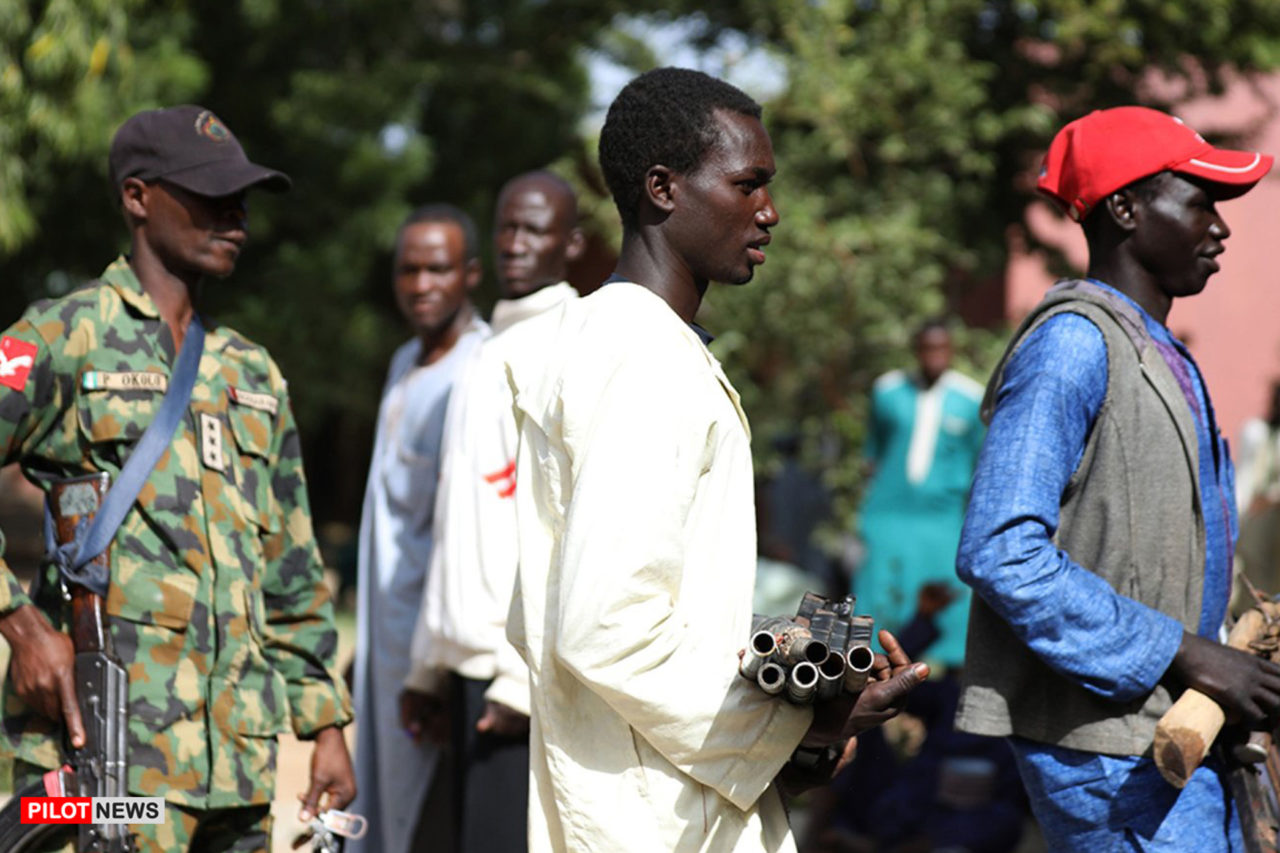For more than two years, northwestern Nigeria has faced devastating attacks from armed bandits, particularly in the states of Zamfara, Katsina, Kaduna, Niger, and Sokoto. Such attacks are driven by many overlapping factors, including cattle rustling, the proliferation of small arms and light weapons, illicit artisanal mining, youth unemployment, poverty, and inequality. This is further compounded by the weakened, stretched, and demoralized security services, who are deployed in thirty-five of Nigeria’s thirty-six states and will soon enter the second-decade of their war against Boko Haram, one of Africa’s deadliest terror groups. It is estimated that many of the armed bandits are of Fulani origin, as are many of the victims. Banditry, which includes armed robbery, murder, rape, and cattle-rustling, is present in Nigeria, Niger, Chad, Cameroon, Senegal and Mali.
According to a report [PDF] from the West Africa Network of Peacebuilding (WANEP), from January to December 2019, armed bandits were responsible for more than 1,000 civilian deaths in the Northwest. According to the Nigeria Security Tracker, this is greater than civilians killed by Boko Haram over the same period (though not greater than all those killed, which includes soldiers and Boko Haram members). The impact of these deaths have ripple effects across communities that will last generations. A committee set up to investigate the menace of armed banditry, headed by Mohammed Abubakar, a former inspector general of police, reported that in Zamfara state between June 2011 and May 2019, 4,983 women were widowed; 25,050 children were orphaned; and more than 190,000 people were displaced as a result of armed banditry.
But the agreements did not last. While there was a lull in attacks toward the end of 2019, attacks have picked up again in 2020. One state governor recently admitted that the bandits had reneged on the terms of their agreement. Following the apparent failure of the governors’ peace deal, Nigeria’s chief of army staff, Lieutenant General Tukur Buratai said recently that dialogue is “not a good military option for tackling banditry, kidnapping, and other heinous crimes currently bedeviling the North-West.” General Buratai’s admonition is telling. Whether it is dispersing protests, responding to separatist agitations or, as in one particularly brutal case, responding to the obstruction of General Buratai’s convoy, the penchant that violent problems require violent solutions is ingrained in the psyche of the Nigerian security forces.
The resort to shallow and poorly conceived peace deals is an age-old failure of the Nigerian security and political establishment. To truly achieve peace, the government must start by building trust with local communities vulnerable to attacks by bandits. They should set up early warning and response systems, working with vigilantes and community leaders on the ground. And they should begin to address the structural inequalities that drive people to violence, like poverty, a lack of education and opportunity, and government mistreatment. The military in particular should redirect its attention to controlling the trafficking in small arms and light weapons, specifically by patrolling porous national borders. Banditry is not a problem that will be solved through the barrel of a gun.
_____
Michelle D. Gavin is senior fellow for Africa Studies at the Council on Foreign Relations. From 2011 to 2014 she was the United States ambassador to Botswana, and served concurrently as the United States representative to the Southern African Development Community (SADC). This article first appeared in CFR.
- Anambra 2025 Governorship Election Might Be an Open Contest - April 24, 2024
- Anambra Assembly Passes Bill To Prohibit Secret Cults - April 24, 2024
- 2024 Aguata NBA Law Week: AG, Prof. Ifemeje Touts Landmarks and Expectations - April 19, 2024


